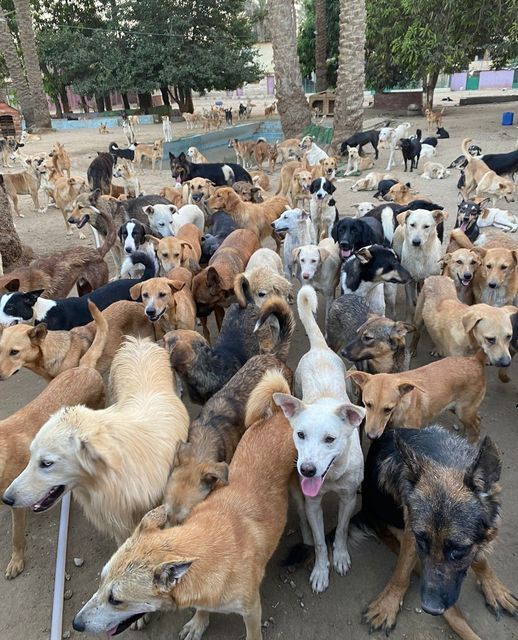It is said that thousands of years ago, wild dogs in search of food came to the areas where humans resided. We began to feed them, and gradually they became domesticated. From that time onwards, the dogs of the modern world began to evolve. Over the years, we have developed many breeds of dogs, some that look cute and fancy, some furry, some scary, some tall, and some stout, among many more.

When it comes to street dogs or stray dogs, India faces one of the biggest challenges. Before even talking about the solution, I would urge you to pause and think: why only us? Why India? There is no magic behind this fact. For any animal, when there is an abundance of food and water, their numbers naturally increase. No natural selection happens there, because everyone is fit to survive. That is the simple reason.
Every Indian street has dogs. If a street does not, it seems unusual. The main reason is that today we are generating enormous amounts of waste, especially biodegradable waste. In almost every street, dogs get enough food from garbage piles outside shops and houses. The more the non-vegetarian waste, the more dogs will gather, breed, and proliferate. Sources like hotel leftovers, butcher shop remains, fish market waste, roadside eateries, and open garbage bins all serve as easy food supplies for them.

Dogs are known as man’s greatest companions. They have become pets that are loving, cute, and loyal. Anyone would instantly feel empathy for a dog. But being responsible for another species is more important than just showcasing love for them. I have come across many protests and campaigns against the Supreme Court’s directions to reduce the number of stray dogs on the streets.
The funny part is that empathy and emotion do not work when logic and solutions are required. With the increasing number of stray dogs, attacks on humans have genuinely increased. You, me, and every human together have contributed to their proliferation, and now we cannot simply cry foul and act like saviors.
I also do not want to see these poor beings eradicated from the streets. But my voice is not based on blind empathy, rather on responsibility and logic. As I mentioned earlier, the easy availability of food resources in Indian streets is the key reason for their uncontrolled growth. The diseases and problems they carry are another topic altogether.

For a long time, the authorities have tried to reduce the number of stray dogs through methods such as the Animal Birth Control (ABC) program. The ABC program involves sterilization and vaccination of stray dogs to control their population and prevent diseases like rabies. However, the program has had limited success because of poor implementation, lack of funding, and the sheer scale of the stray dog population. If it had been truly effective, this significant increase in numbers would not have occurred.
So, in reality, whatever method is tried, the numbers do not go down drastically, and the street dogs continue to dominate the roads. Recently, the Supreme Court of India took note of this issue, especially with respect to the rising stray dog menace in Delhi. Court gave direction to municipal authorities to find a balance between public safety and animal rights, while also strengthening sterilization programs.
The actual villain here is not the dog, it is us. Because of us, dogs are treated as pets inside homes but as villains outside. How is that even possible? This shows our involvement. And not just with dogs, our actions disrupt the balance of many animal populations.

Nature has created countless lives to maintain balance in the system. Dogs too play an important role. When they are removed from the streets, other animals such as rats, cats, snakes, or even insects that are part of their food chain may increase uncontrollably. The cycle of life gets disturbed when one link is broken, and this disruption could even invite more dangerous animals into our surroundings. At the very least, compared to many other animals, dogs are friendlier. They may fear us, but still, they love us and obey us more than any other creature.
Dogs, therefore, hold an important role in maintaining the ecosystem. They are man’s best friend, but when populations increase, whether it is humans, dogs, or even insects, problems follow. Waste piles up, and wherever waste piles up, numbers grow.
The real solution lies in us. If we manage our population better, and more importantly manage our waste efficiently, the number of stray dogs will naturally decrease. Once waste is controlled, the government can handle further population management effectively. It is a natural process.
Ultimately, dogs are not the enemy. They are a reflection of our own habits and negligence. If we address waste management sincerely, the problem of stray dogs will reduce on its own. By taking responsibility for our actions, we can create a balance where humans and animals coexist in a healthier, safer way.
